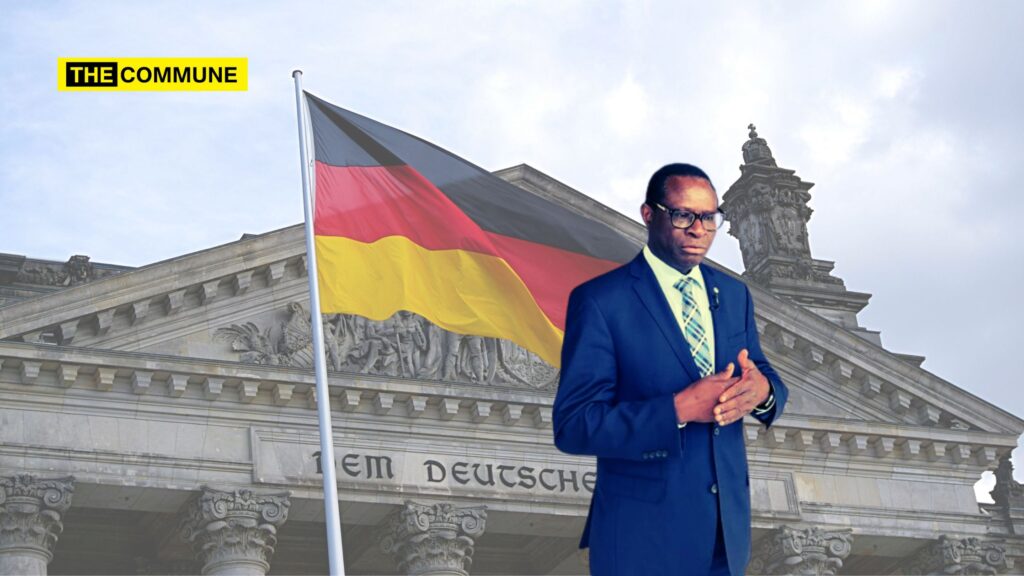The recent announcement by Germany’s first Black lawmaker, Karamba Diaby, that he will not seek re-election in the upcoming parliamentary elections has been portrayed by many media outlets as a personal decision to spend more time with family. However, this perspective overlooks the significant issue of racism and the increasing threats faced by immigrants in European states.
Karamba Diaby, a Senegal-born lawmaker who made history by becoming the first African-born Black person elected to the German Bundestag in 2013, has faced relentless threats from neo-Nazis and right-wing extremists throughout his political career. His office has been targeted multiple times, including incidents involving gunfire and arson. Despite these severe threats, Diaby emphasized that racism and hatred are not the primary reasons for his decision to step down, but rather a desire to allow younger people to take on leadership roles.
The severity of the threats faced by Diaby, which include death threats and attacks on his team, has raised alarms about the safety and acceptance of immigrants and minorities in Germany. Diaby has been vocal about the rise in xenophobic hate crimes and the role of the far-right Alternative for Germany (AfD) party in fostering an environment of fear and hostility. According to Diaby, the AfD’s rhetoric in the Bundestag, filled with hatred towards migrants and minorities, has contributed significantly to this toxic atmosphere.
This troubling trend is not isolated to Germany. Across Europe, there is growing concern about the increasing normalization of violence and verbal hostility towards immigrants, fueled by far-right groups and exacerbated by social media platforms that spread false information and reinforce extremist views. The case of Diaby illustrates the broader issue of political violence and intimidation that is becoming more prevalent, threatening the fabric of democratic societies.
The media’s focus on Diaby’s personal reasons for leaving politics and the lack of emphasis on the racist attacks he has endured underscores a broader reluctance to confront and address the systemic racism affecting immigrants in Europe. This downplaying of the real issues at hand not only undermines the experiences of those targeted by racism but also risks eroding the democratic values that these societies claim to uphold.
Experts warn that if more immigrant and minority politicians withdraw from public life due to safety concerns, it could lead to a significant democratic deficit. The situation calls for greater awareness, stronger protections for at-risk politicians, and a more honest media discourse about the challenges facing immigrant communities in European political spaces.
As Germany and other European nations grapple with these issues, the gap between official democracy rankings and the lived experiences of minority politicians becomes increasingly apparent, raising questions about the true state of inclusivity and representation in European democracies.
Did Dhruv Rathee tell you this?
An African immigrant was elected to German parliament
He received death threats, racist abuse, and his office was attacked with bullets
Now he is leaving politics
But Germany will get A+++ in democracy ranking from V-Dem pic.twitter.com/Jq5Z80aOKY
— Abhishek (@AbhishBanerj) July 13, 2024
(with inputs from Anadolu Ajansi and DW)
Subscribe to our channels on Telegram, WhatsApp, and Instagram and get the best stories of the day delivered to you personally.

